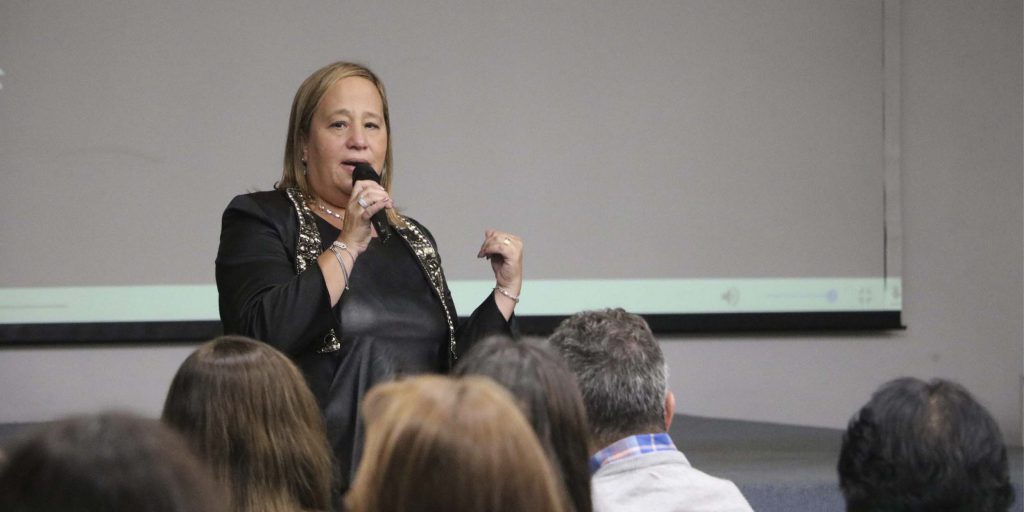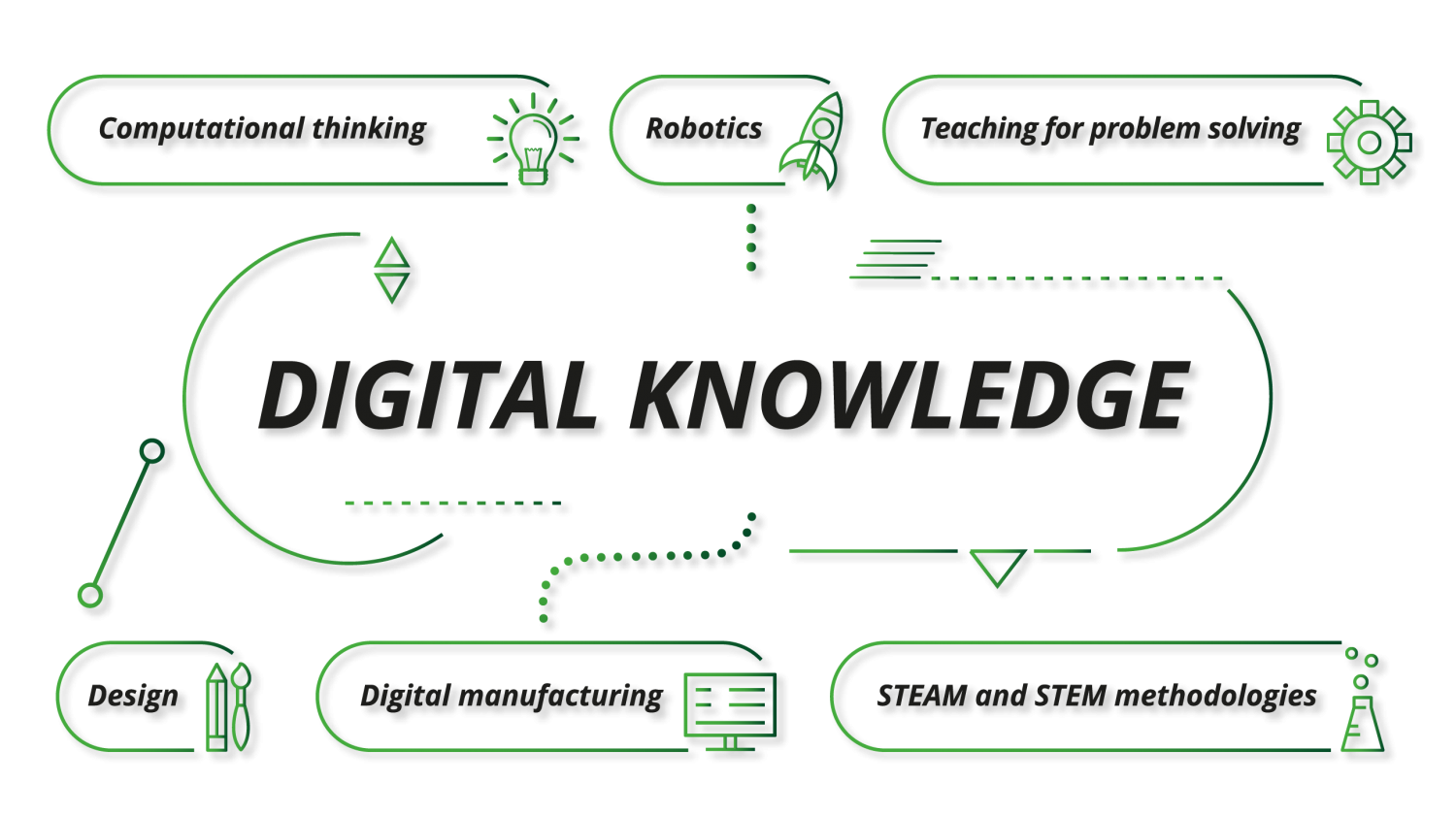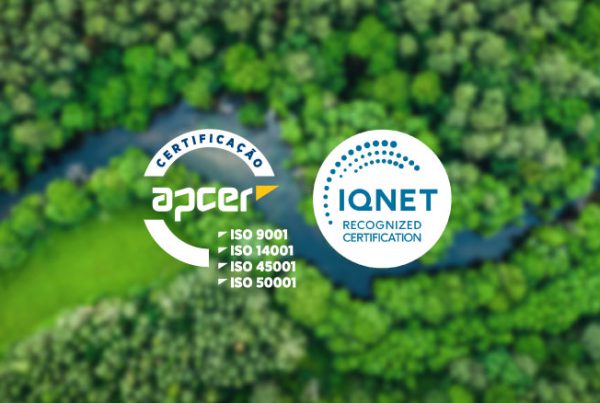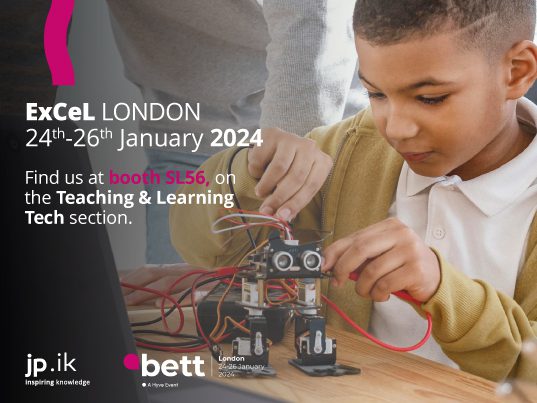
Profile
Head of Initial and Continuing Teacher Training, National Institute of Technical Education of the Ministry of Education, Culture, Science and Technology of Argentina. Judit Schneider has a degree in Psychology from the National University of Rosario, in Special Education from the University of Salvador and in Educational Technology from the National Regional Technological University Delta. In addition, has two postgraduate degrees: Higher Diploma in Educational Management from FLACSO and Specialization in Education with Orientation on Educational Management, University of San Andrés.
The integration of technology in education has undoubtedly enhanced the transformation of the learning experience. Can you share with us a little about the mission of INET and the FoCo ETP program, the training program for teachers of Technical Education?
The international community has established an ambitious 2030 Agenda for Sustainable Development that has the consensus of all the countries of Latin America and the Caribbean, committing to an integrated approach to development, betting on the eradication of poverty, inclusive and sustainable economic growth, the fight against inequality, the preservation of the planet and decent work for all.
The increase in productivity of the countries of the region demands policies that promote Innovation + Development and the management of human talent. The deployment of public policies implies a series of actions, including: linking research to productive activities, correcting the lack of coordination among actors in innovation systems, promoting the training required by technological innovation, fostering competitive mechanisms as instruments to allocate resources for innovation and evaluate results and impacts.
In the educational field, we can see the profound degree of disconnection between the education offered by the educational system and the competences demanded by the productive sector. That is why the Ministry of Education of the Nation of Argentina, through the Instituto Nacional de Educación Tecnológica – INET (in English National Institute of Technological Education (INET), has taken the enormous decision to promote the continuous training of teachers working in Educación Técnico Professional – ETP (in English Technical Professional Education). The main goal is that the transformation in classroom practices results in better learning for students. The ETP is fundamental to promote theconnection, complementarity and updating of the training offeredby the education system with the demands of the labor market and demographic trends. In order to respond to these urgent needs for training and technological updating, the National Program En FoCo ETP has been developed, starting in September 2017 at the National Institute of Technological Education of the Ministry of Education of the Nation of Argentina. En FoCo ETP is a proposal of continuous training that aspires to reach the 71000 teachers of the country who work in ETP institutions between 2018 and 2019.
For this purpose, it has been designed a diverse proposal of training courses composed of teaching courses and post-graduate coursesthat are offered in distance, semi-face-to-face and face-to-face mode. The wide offer of more than 90 courses has been grouped accordingto the central purpose pursued by each one; in this way the proposals are oriented to the technological update, the didactic disciplinary contributions, the training in interpersonal skills and the professional development for institutional roles.
Technology is a central element in the field of training teachers, educators and directors who are dedicated to professional training. Can you share with us some of the most emblematic initiatives of this program?
The En FoCo ETP Program is innovative, creating the conditions for all educators to benefit from access to new ways of studying and training to improve and update their teaching practices, thus enabling students to learn more and better in the context of the society of the 21st century.
Argentina is working on the implementation of an ETP 2030, based on lines of continuous teacher training, the development of a bank of technological projects and activities focused on the resolution of technological problems, among others. It aims to initiate a process of elaboration and updating permanent proposals for the development at the classroom level in a collaborative way between the institutions and teachers of the scientific / technological / specific field. Continuous teacher training is key to the process of developing the proposal for the inclusion of digital knowledge at the level of ETP institutions. It is of central importance that the systemic and integral process of development of the proposal is activated from the decision to implement the innovation process for Technical Education, working in the institutions of the ETP, to include the development of the innovation proposal as an integral part of the institutional project of each technical school.
There is a broad consensus of different actors in the field of technological knowledge to characterize the current technological development and innovation as a process that configures and organizes production processes based on knowledge focused on digital knowledge (programmable automation, robotics, artificial intelligence, big data, and Internet-of-Things, virtual and extended reality, digital design and manufacturing). These concepts interlink and cross the totality of the socio-productive sectors and the techno-productive processes that have as base. En FoCo ETP is a training program that innovates in several aspects. For example, it is based on the need to implement the relevant digital knowledge in the training of teachers for the technical modality for the development of skills and abilities in the technological field across all specialties, professional sectors and training figures in which ETPis organized. From this point of view, the digital knowledge that is highlighted and selected is linked to:
Additionally, a pedagogical positioning on teacher training has been defined differently from other programs of this type. New virtual learning environments that accompany thepedagogical definitions of the program and that enhancetoday’s multimedia languages have been acquired: learning communities, synchronous virtual classrooms and 4.0technologies, among others. Finally, the purposes of using the training environments (mobile technical classrooms, laboratories and workshops of ETP institutions) in the Jurisdictions have been reformulated to promote continuous training in the territory.

For 2019, can we expect new pedagogical initiatives boosted by the En FoCo ETP program?
The Program implies the development of an Integral Management System that would allow the processing of the online registrations of the students, the construction of a database that would consolidate the training path of each trainee and which would be linked to the educational platform in the case of Semi-distance and distance courses. Likewise, an innovative educational platform was acquired in the country with state-of-the-art communication and technological features. On the other hand, inorder to communicate the offer of the program, a web page wasdesigned and the social networks of the National Technological Education Institute were set up for dissemination.
Thus, the face-to-face courses are offered on rotation at the INET headquarters monthly or in any jurisdiction that requires the proposal. It is a total of 40 courses of 3 days of intensive training. Three distance teaching post-graduate courses were also presented to the National Commission of Distance Education of the Ministry of Education for Academic Updates for Directors, teachers who work in agricultural schools and mathematics teachers, and accredit 200 hours with a total of 5 subjects for a year virtually.
The Program includes continuous training processes for the entire team in order to face the daily task. In this way, training spaces are made for the team of didactic advisors, the platform administration team, the members of the Help Desk, the tutors and coordinators. The path initiated in 2017 continued to consolidate in meetings at the INET and in presentations before the Federal Board of education ministers of all jurisdictions and the visit of the En Foco ETP team to each of the provinces.
A team of didactic processing of the materials was formed; the members of this team worked together with the authors of the materials to fit the pedagogical proposal of En FoCo ETP. The materials are designed in collaborative work between the specialist of the area and the contribution of a specialist in teacher training.
There is a continuous monitoring of the processes that are developed in order to optimize resources, improve the proposal, and incorporate changes and improvements, among others. For example, this monitoring affects the online enrollment of students; in the formative proposal of the courses and cycles of update; and in the formative trajectory of the teachers in each of the courses and update cycles.
The evaluation of the results of the Program En FoCo ETP considers different aspects, such as the consolidation of a current, relevant and diverse training offer for the target public.Undoubtedly, the surveys carried out in these courses show a high degree of satisfaction on the part of the students.

In addition, the impact and interest that the Program has aroused in the teaching field of the ETP is a positive signal.Enrollments to make distance and semi- face-to-face proposals are open in three periods throughout the school year. When the paper was presented, the En FoCo ETP Program had reached the teaching population of Professional Technical Education and, for 2019, will work on the training in 4.0 education.
From your experience, to what extent do you consider the role of technology in the transformation of education into a quality and inclusive education for all?
The digital era has revolutionized the way we communicate, relate to others and obtain information, and has generated new ways and formats to search for news and created new forms of leisure. The maker culture in the technical school is a new way of linking with science, technology, art and innovation from the school. It is a cultural movement associated with the democratization of knowledge and the possibility that we all have of be creators and builders. Thanks to the opportunities for dissemination and socialization that theinternet offers us, DIY (do it yourself) emerged, that is, “do it yourselfâ€,thus fostering collective creations.
In turn, the makerspaces have become spaces of unstructured learning, project-oriented, originating moments to create, fail,find solutions and listen to other opinions, thus promoting theexchange of ideas and teamwork in a collaborative manner. Thus, we can all learn, invent and collaborate for an inclusive society.
The maker movement began to attract the attention of educators, because it is strategic to awaken the interest of children and adolescents towards STEAM disciplines and because it sees people as active subjects, creators and transformers of reality, not as mere consumers. Learning to create with technology is a great educational challenge. We must think our classes as a space to invent, collaborate, and fundamentally, have fun; putting into practice a didactic that is in constant transformation, while we approach our students, the world of programming and robotics, so they can do more than consume technology.
In short, it is key to the educational transformation, generating proposals that take advantage of the emotions that are activated when we play. Today, we know that emotion and cognition are processes that go hand in hand and, without doubt, it is in thegame that girls and boys find the freedom of expression necessary to give free rein to “creative joyâ€, giving rise to lasting learning.



